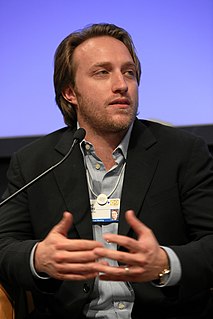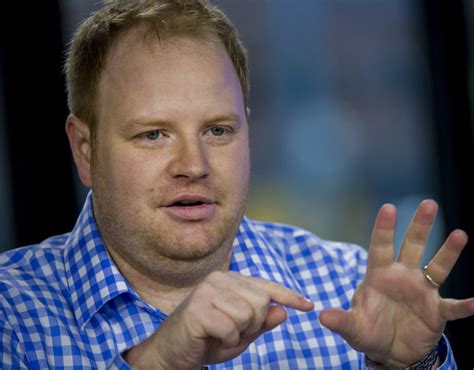A Quote by Jon Johansen
All over the world copyright holders are trying to limit consumers' rights. We cannot have that.
Related Quotes
Under the 1998 Digital Millennium Copyright Act, Tumblr, YouTube, Reddit, WordPress, and Facebook aren't responsible for the copyright infringement of each of their millions of users, so long as they take down specific posts, videos, or images when notified by copyright holders. But copyright holders thought that wasn't good enough.
Can a one judge sitting somewhere in a trial court issue an order that says nobody in the world is allowed to have, to use, to improve or to develop software for playing multimedia content without the permission of the manufacturers of the content themselves? .. This is an astonishing development in the course of our understanding of what we call the copyright bargain, the relationship between authors' rights, publishers' leverages and consumers' needs.
Consumers cannot think in abstractions. They cannot envision a new concept. They cannot predict their behavior. They can only compare against their current frame of reference. So you need to make the big leap for them. You need to provide them with a reason to buy, a reason to brag to their friends. Expect new-to-the-world ideas to fall on deaf ears. Consumers will, however, change their tune when they can see, touch, and explore.
FREEDOM CANNOT BE LICENSED, liberties cannot be regulated and rights cannot be granted. History teaches us that when the rights and liberties of a free people have restrictions upon them, they cease to be freedoms and rights. Instead, the government becomes like a king, bestowing privileges upon the chosen few and servitude upon everyone else.
Monopolies are not justified by theory; they should be permitted only when justified by facts. If there is no solid basis for extending a certain monopoly protection, then we should not extend that protection. This does not mean that every copyright must prove its value initially. That would be a far too cumbersome system of control. But it does mean that every system or category of copyright or patent should prove its worth. Before the monopoly should be permitted, there must be reason to believe it will do some good -- for society, and not just for monopoly holders.

































